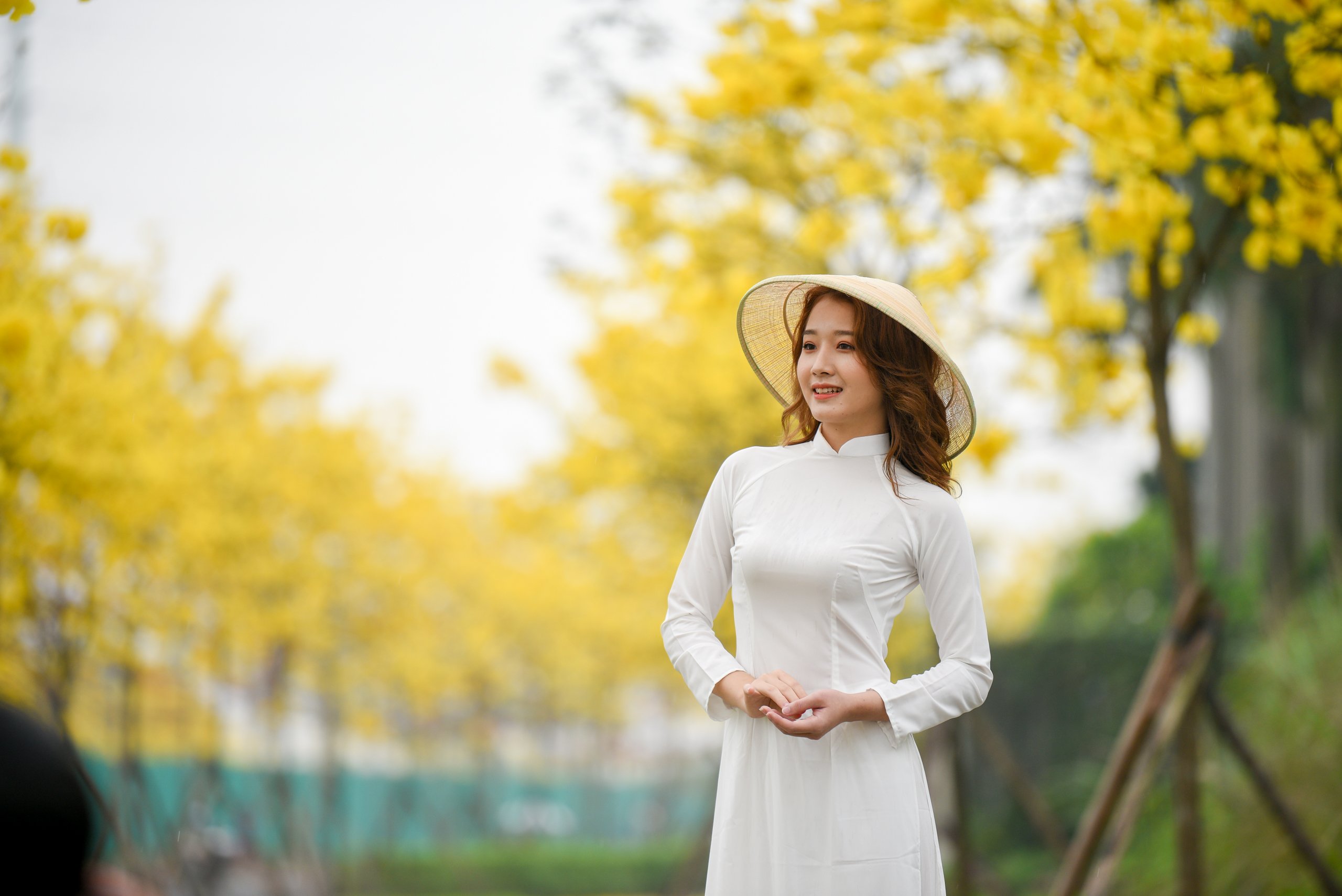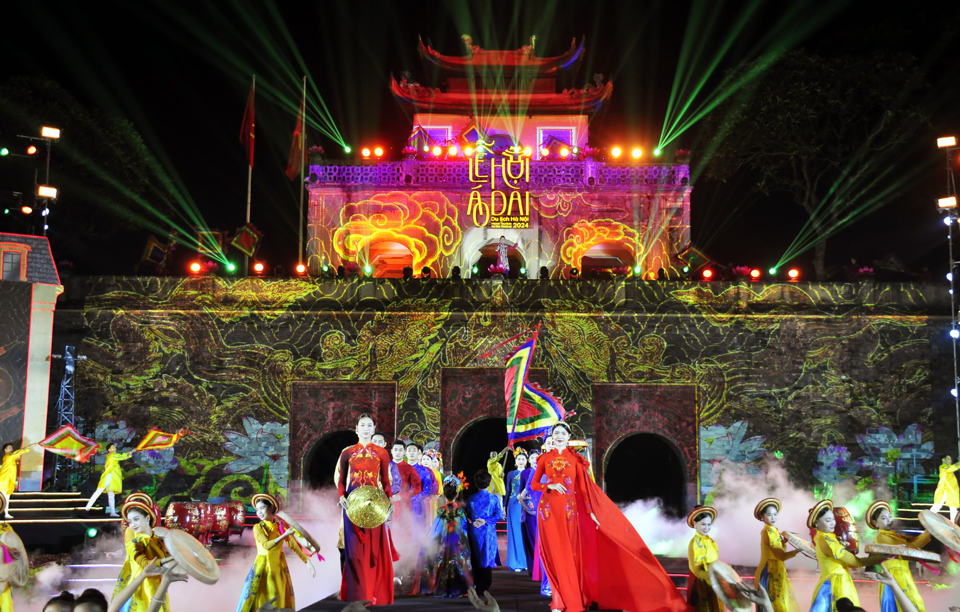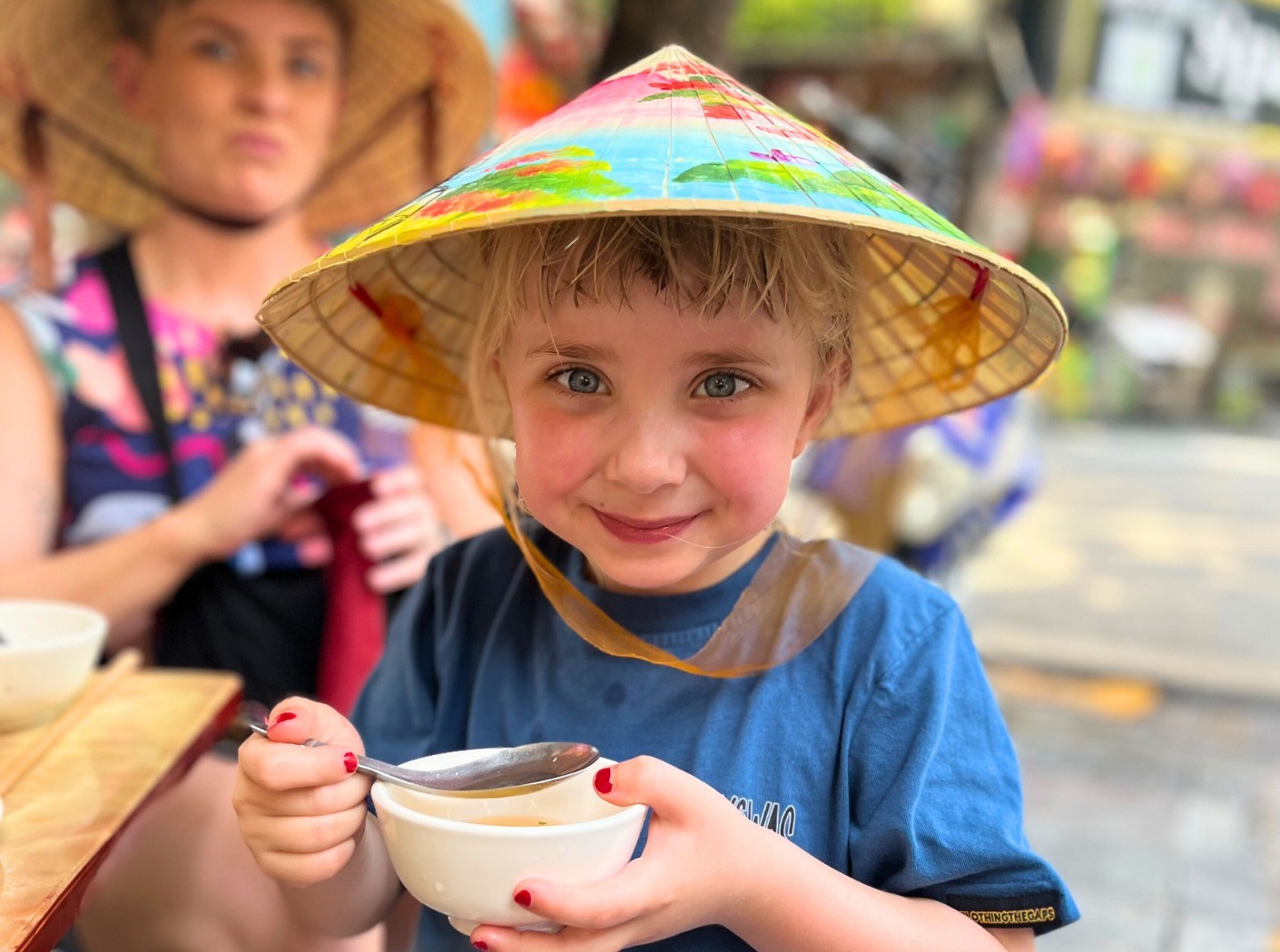Red River Tourism: Jewel hasn't sparkled yet
Hanoi plans to launch new water-based tourism activities to tap potential of the Red River, which is essential to the city's tourism and sustainable environment and urban development to 2050.
Tourism experts and nearly 50 travel agencies at the conference on "Connecting Tourist Destinations along the Red River with Travel Agencies in Hanoi" held on December 24 discussed measures to encourage the growth and enhance the quality of water tourism in the city.
Great potential of river tourism
| Hanoi's Red River. Photo: Giang Trinh |
The Red River runs 556 km on Vietnamese territory, of which 160 km passes through 15 districts of Hanoi, and is considered the capital's vital waterway. It is also rich in culture and history and has enormous tourism potential, as it is neighbored by nearly 30 historical and cultural relics, such as Tan Vien Son Thanh Temple (Ba Vi District), Hat Mon Temple (Phuc Tho District), Dam Temple (Thuong Tin District); Chem Communal House (Bac Tu Liem District); Ghenh Temple and Rung Temple (Long Bien District), or Giong Temple (Gia Lam District).
Numerous traditional craft villages with centuries-old traditions can be found along the Red River, including Ninh So Bamboo and Wicker (Thuong Tin District), Bat Trang Pottery (Gia Lam District), and Yen Thai Do Paper and Nhat Tan Peach Blossom (Tay Ho District). Along the river, Hanoi can reach places in nearby provinces, including Bac Ninh and Hung Yen.
| Delegates in a survey tour along the Red River. Photo: Hanoimoi |
During the excursion, visitors can admire the beauty of the river, the bridges and the daily life of locals on both sides.
Assessing the potential of Red River tourism, Deputy Director of the Hanoi Department of Tourism Tran Trung Hieu said that the city will further utilize the economic and cultural values along the Red River, including tourism. With historical and cultural values and the potential to connect destinations, Red River tourism can create a unique feature of Hanoi.
At present, Red River tours are mainly operated by Thang Long GTC JSC, whose six main tours all start from Chuong Duong Wharf. In particular, "Red River Impressions" takes visitors to Dai Lo Temple, Dam Temple, Chu Dong Tu Temple and Bat Trang Ceramics Village. When the city is illuminated, "Bridge Spans of Happiness" shows the ethereal sunset on the Red River and the glittering, enchanted splendor of the bridges bearing the capital's emblem and insignia.
| A cruise ship on the Red River. Photo: Hoang An |
The third itinerary includes Giong Temple, Kien So Pagoda, and Do Temple; the fourth one But Thap Pagoda, Dau Pagoda and Hai Co Temple; the fifth one Chuong Pagoda, Mau Temple, Tran Temple, and Lanh Giang Temple; and the sixth one Van Phuc Pagoda, Bang So Church, Ninh So Bamboo and Rattan Weaving Village, Chu Dong Tu Temple, and Bat Trang Ceramics Village.
Nguyen Thi Hong Minh, Director of the Red River Tourism Investment and Development Company, said that the Red River tourism has been developed since 2004. After a relatively difficult period, since the end of 2023, the unit has invested in a number of additional offerings, thereby increasing the number of visitors from 3,000 in 2023 to 7,000 in 2024.
To make Red River tourism a key service
Although they've been in operation for 20 years, the development of Red River tourism has not matched its potential, and experiential activities are still uneven.
| Tourists explore the alluvial plain in the middle of the Red River. Photo: Maii Linh/ Chuyen cua Ha Noi Group |
Deputy Director Hieu said the operation of the Red River tourism route is still limited, and has not met expectations. Currently, Thang Long GTC JSC is the company authorized to operate the Chuong Duong Wharf and Hanoi-Hung Yen routes on the Red River. However, as the transportation system, technical infrastructure, and river tourism services (such as wharves, reception facilities, and parking lots) are not qualified to meet the requirements for receiving visitors, the company could not properly tap into the historical and cultural relics.
Many years ago, the city built an inland port near the Bat Trang Communal House area, but it hasn't been used for a long time because the pier and other technical issues make it difficult for boats to dock and for visitors to navigate, Hieu said.
| The sunset on Red River. Photo: Hoang Anh Cao/ Chuyen cua Ha Noi Group |
Pham Hong Long, Head of the Department of Tourism at the University of Social Sciences and Humanities (Vietnam National University, Hanoi), contributed to improving the quality of Red River tourism products, saying that while many other places in Vietnam have been very successful in river tourism, unfortunately, Hanoi hasn't effectively tapped the potential of Red River tourism.
"It is important to have a master plan along the Red River to attract investment in infrastructure and develop complementary services to improve product quality," said Long.
According to Pham Hai Quynh, Director of the Asian Tourism Institute, what can be done immediately is for Thang Long GTC JSC to join hands with other units to invest in clean, spacious piers as an attractive check-in point for tourists, while developing luxury night cruises. "In the foreseeable future, it is necessary for the Red River tourism operator to perfect the destination instead of [maintaining] the old way of sightseeing," Quynh suggested.
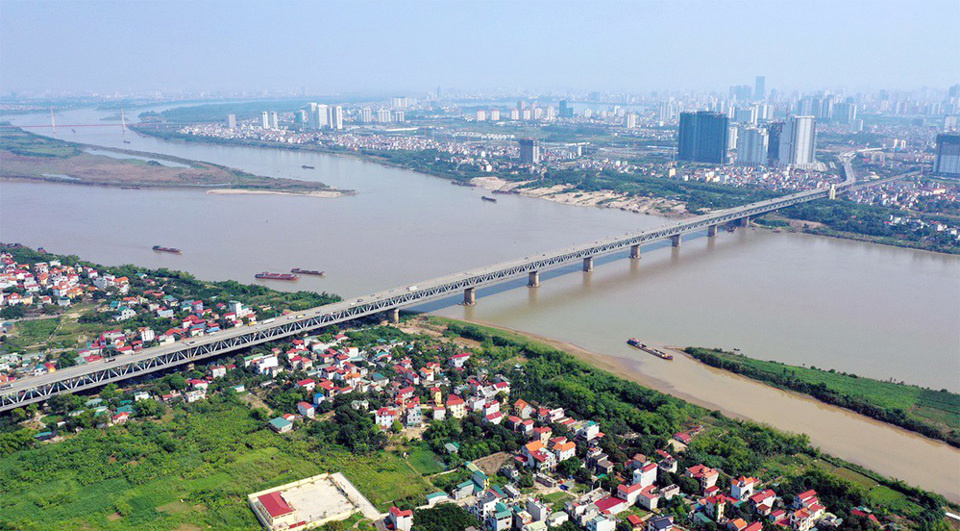
High time for Red River to emerge as Hanoi’s new development symbol: Experts
Rich in culture and bound up with Thang Long legends, the Red River is a popular destination for visitors and home to tens of thousands of residents.
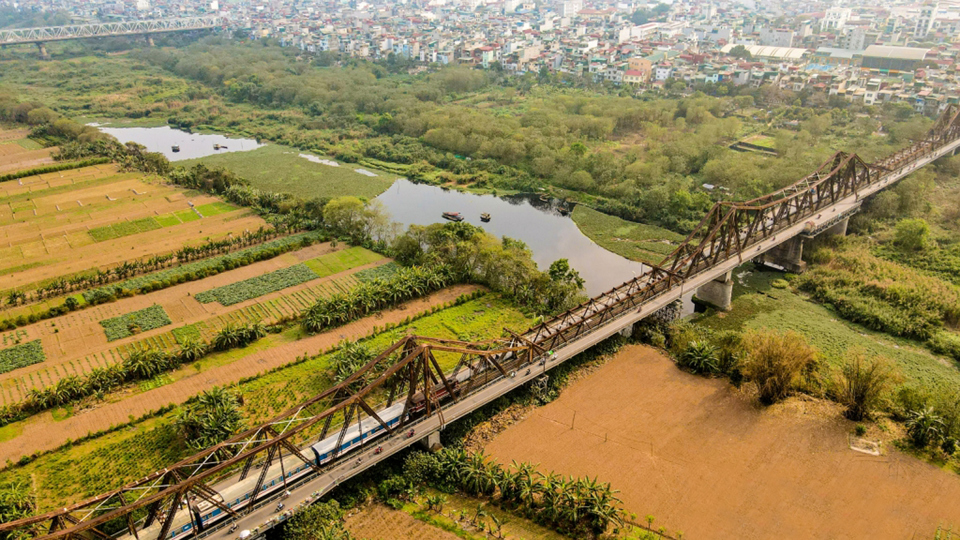
Capital Law 2024 fuels urban planning vision along Red River
Hanoi is envisioned to develop a cultural industry hub along the riverbanks and other areas with cultural spatial advantages.



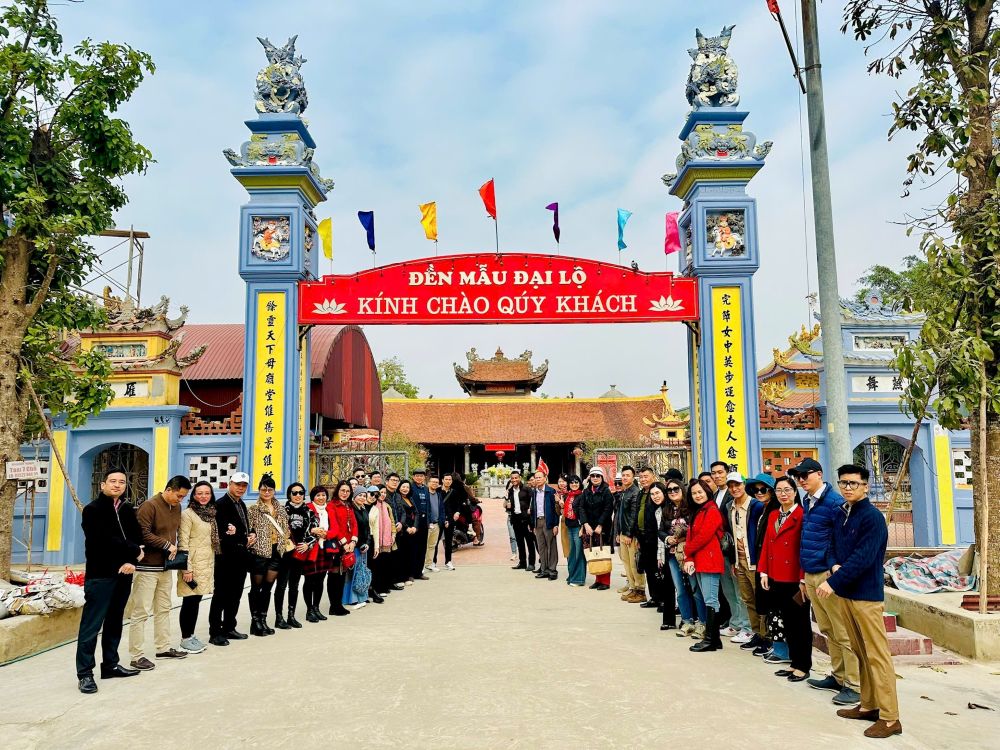
.jpg)
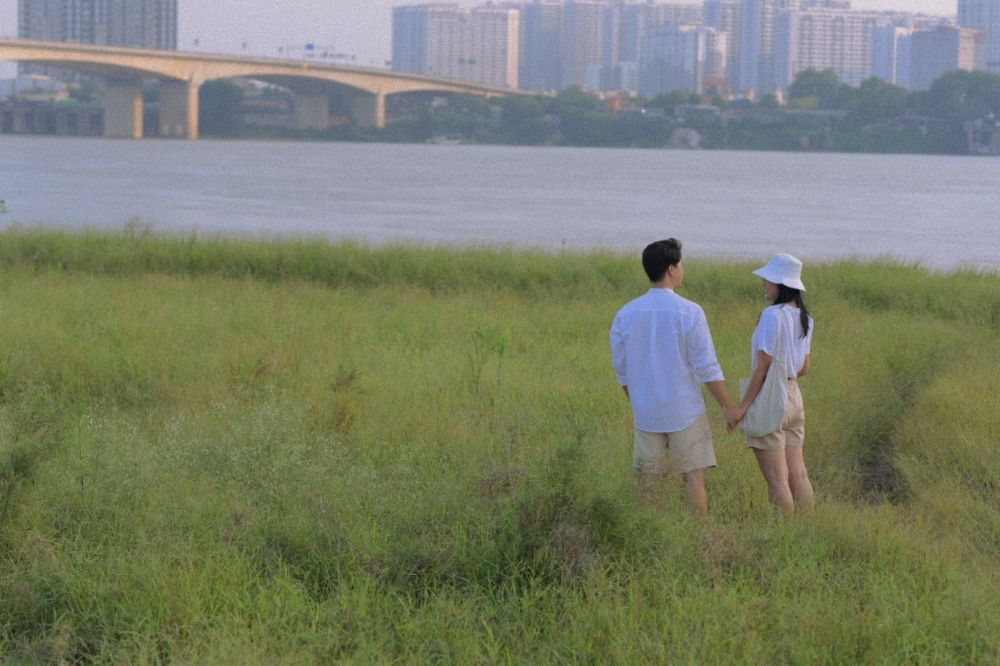

-1741165047.jpg)

